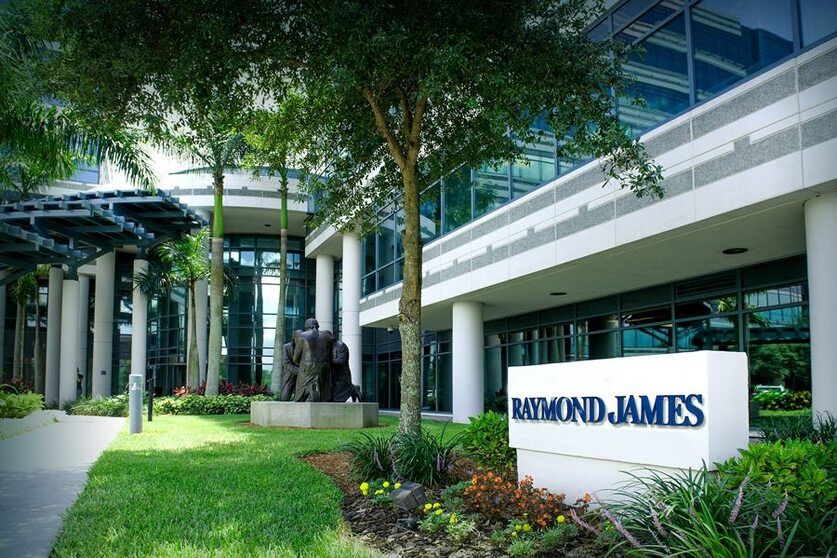Hancock luring indies, ramps rep count up to nearly 2,000
Though rep recruitment is up at the John Hancock Financial Network since the firm decided to embrace the independent adviser channel, recruiters remain skeptical as to whether independents will continue to flock to the company.
Though rep recruitment is up at the John Hancock Financial Network since the firm decided to embrace the independent adviser channel, recruiters remain skeptical as to whether independents will continue to flock to the company.
Eight months after it began allowing its traditional financial representatives to become independent, new blood has been flowing in from independent broker-dealers and insurance agency competitors, officials of the company say.
For the first seven months of this year, JHFN’s recruitment of experienced representatives from independent broker-dealers and insurance agencies is up 260% over the same period in 2008 — bringing its total rep count to about 1,900.
Back in November, the career agency arm of Boston-based John Hancock Financial Services Inc. had announced that in 2009, it would give its financial representatives the option of becoming independent, which would allow them to broaden their product offerings and have more control over how they market their businesses.
At the time, InvestmentNews reported that some recruiters were skeptical as to whether the reps would have difficulty presenting themselves to their clients as independent advisers.
Headhunters pointed to New York-based Axa Advisors LLC’s attempt in 2002 to encourage agents to become certified financial planners, a move that ultimately failed because the costs were too high and the revenue too low.
Peter Gordon, president of the John Hancock Financial Network, said that since its January kick-off, the program has been attracting recruits with at least four years of experience who can work in insurance and securities.
He would not name the firms from which the new recruits had defected.
“Let’s say that the majority — 60%— come from the independent channel and the balance comes from the career situation,” Mr. Gordon said in an interview.
He estimates that about 90% of the sales force is made up of individuals on the traditional career path. Those reps are still expected to make 50% of their total production from the sale of proprietary products, while no such requirement is expected of the independent force. Those who came in independent are staying that way, Mr. Gordon noted.
But recruiters are skeptical as to whether advisers will drop their independent broker-dealers for an insurance-affiliated broker-dealer.
“Reps don’t mind insurance-based broker-dealers as long as there isn’t proprietary product-pushing,” said Jonathan Henschen, president of Henschen & Associates LLC, a recruiter based in Marine on St. Croix, Minn. “But I’d have a hard time seeing independent representatives go to a captive firm; it’s like going backward,” he added.
He pointed out that insurance broker-dealers — despite allowing their advisers to choose from a spectrum of products — find subtle ways to encourage them to sell the house product, through pressure from the wholesalers or by giving the proprietary product a stronger presence at conferences for the reps.
Additionally, reps with insurance-affiliated broker-dealers have more company protocols to follow when transacting business. “I’ve seen reps move to non-insurance-based broker-dealers because insurance companies tend to have a compliance environment that’s 60% company policy and 40% Finra,” Mr. Henschen added. For example, insurance carriers, which are risk-averse by nature, may not look so kindly on independent reps who offer alternative investments or who have their own registered investment advisory practice, he added.
Recruiters said they had not heard about scores of reps jumping ship at independent practices to join John Hancock, but some could see a reason why some brokers might decide to flee to the career agency side from the securities side.
“If the independent broker is interested in building the insurance side of his business, he might see a company like John Hancock as an opportunity to do that,” said Mitch Vigeveno, founder of Turning Point Inc. a Safety Harbor, Fla.-based recruiting firm.
“A number of career agencies have recruited someone like that to come in and help advisers to do more securities business,” he said. “The company could put together a financial arrangement that’s attractive and allow the adviser to get some benefits he didn’t have before with the independent broker-dealer.” Depending on the company, those goodies could include having Social Security paid for and having a pension, Mr. Vigeveno added. The John Hancock Financial Network is based in Boston. The Financial Industry Regulatory Authority Inc. is based in New York and Washington.
Learn more about reprints and licensing for this article.



